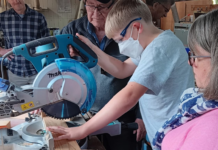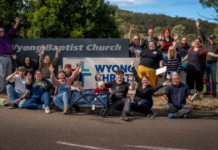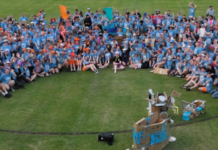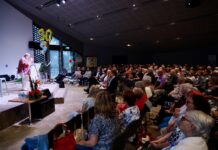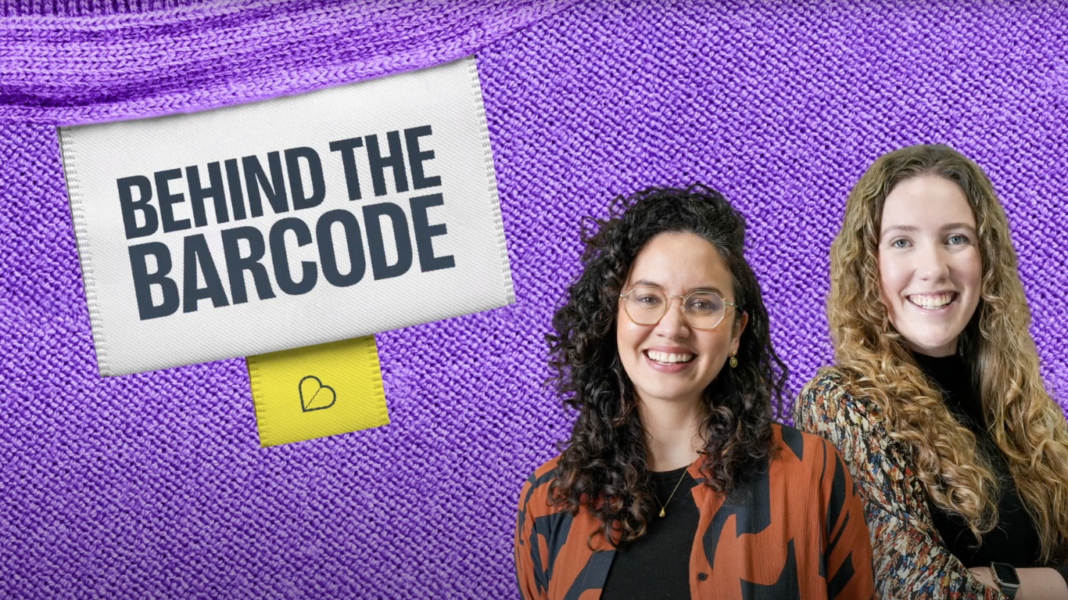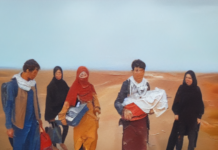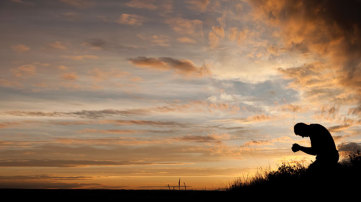Baptist World Aid Australia has launched Behind the Barcode, a podcast series that unpacks the truth about ultra-fast fashion, and how it harms people and the planet.
Ultra-fast fashion is reshaping how we wear, buy and value clothes, but at a steep cost to garment workers and the environment. In its first-ever podcast series, Baptist World Aid unpacks this rapidly expanding business model, the harm it causes, and how we can change the story through the actions we take as part of our Christian faith and a vision for a just world.
Hosted by Kat Halliday, Ethical Fashion Lead, and Hannah Moeda, Fundraising & Marketing Manager, the podcast features interviews with industry experts:
- Dr Alice Payne, Dean of the RMIT School of Fashion and Textiles
- Fuzz Kitto, Co-Director at Be Slavery Free
- Ainsley Simpson, CEO of Seamless Australia
- Ashley Fell, Director of Advisory at McCrindle
- Julie Boulton, Sustainability Strategist and Systems Disruptor
Podcast topics include:
- The history of fast fashion: from handcrafted garments made for longevity to data-driven microtrends that thrive on speed, volume and disposability
- The human cost of ultra-fast fashion: exploitation, child labour, and unsafe working conditions
- The climate crisis in our wardrobe: caused by fossil-fuel based synthetics and overproduction and waste
- The psychology of online spending: casino-like tactics used by brands, and how willpower alone is not enough to resist the compulsion to spend
- How we can create change: pushing for better legislation and embracing mindful consumption
Kat Halliday, Ethical Fashion Lead at Baptist World Aid, said: ‘The fashion supply chain can hide the people who made our clothes and the injustices they face, but I know they’re not unnoticed by God. The conversation about how I participate in the fashion system, is really a conversation about how I love my neighbour, both near and far.’
Alice Payne, Dean of RMIT Fashion and Textile School, said: ‘What we have in this particular time and place is a particular form of fashion system that has been about drawing on that love of human expression and adornment and actually almost twisting it into something quite extractive, exploitative and, really directed fully at the profits of a few.’
Hannah Moeda, Fundraising & Marketing Manager at Baptist World Aid, shared: version ‘What struck me most about this conversation about ultra-fast fashion, where clothes are often made quickly, cheaply, and at great human and environmental cost – was how choosing garments made through fair wages, safe working conditions, and responsible practices becomes not just a quiet act of justice but also a powerful witness to the Kingdom values we believe in.’
You can listen to Behind the Barcode—Unpacking the Truth about Ultra-Fast Fashion here or anywhere you listen to podcasts.
For more information and any media enquiries please contact:
Meredith Benson | meredith.benson@baptistworldaid.org.au
About Baptist World Aid Australia
Baptist World Aid Australia has been campaigning to end worker exploitation for over 12 years, beginning its research and reporting on the fashion industry in 2013. As one of Australia’s leading publications on ethical fashion, the Ethical Fashion Report and Guide helps consumers make better choices based on comprehensive data.
Established in 1959, Baptist World Aid Australia works to create a better world for all with local Partners in 20 countries in the Pacific, Middle East, Southeast Asia, South Asia and Africa.


